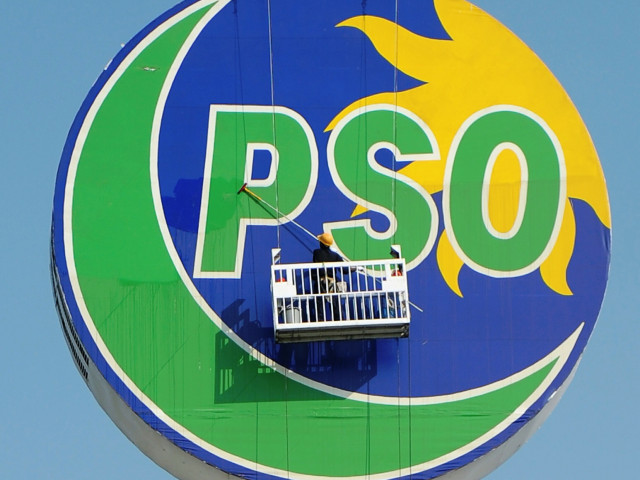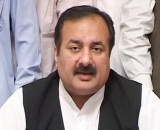Blame game: Multiple factors were at play in petrol crisis, says OCAC
Argues punishing industry people who tried to tackle the shortage will not help.

Angered over the setback to its popularity, Prime Minister Nawaz Sharif’s government has broadened the scope of retaliation, suspending top officials of PSO. PHOTO: AFP
Unprecedented surge in demand due to continuous decline in price, four-day shutdown of the country’s largest refinery, fog in Punjab that hampered hauling of the product and unintentional delay of just a few days in one import consignment led to a crisis, they said.
Singling out people in the industry who actually helped in controlling the situation is not going to help, said Oil Companies Advisory Council (OCAC) officials who spoke to a select group of journalists.
Angered over the setback to its popularity, Prime Minister Nawaz Sharif’s government has broadened the scope of retaliation, suspending top officials of Pakistan State Oil (PSO) and even its board to pin the blame on people it sees as responsible.
From just around 12,300 tons per day in December, petrol sales jumped to 15,500 tons in January, a 21% overnight increase.
“There were days when demand was over 25,000 to 30,000 tons,” they said. “And it was only after the coordination of the entire industry that we were able to meet that much demand.”
Average daily sale of petrol is hovering around 16,500 tons these days. A record import of 338,000 tons is planned for February.
About the mandatory requirement of keeping at least 20 days of fuel stock in the tanks – something which the industry doesn’t do – OCAC officials were unable to give any satisfactory reply.
They did point out that PSO has a market share of 50% in the petrol business, making the state-run company responsible for meeting most of the demand.
OCAC members meet from time to time to take account of the supply-demand position of petroleum products. “However, marketing companies are not bound to import in excess of their market share.”
The fuel pricing mechanism, which is based on the costs of PSO, also works to the disadvantage of other private marketing companies.
“PSO’s costs have depreciated over the years. This is not true for many other companies. So we think the method of determining import price of petroleum products should include costs of other players as well.”
Published in The Express Tribune, February 14th, 2015.
Like Business on Facebook, follow @TribuneBiz on Twitter to stay informed and join in the conversation.



















COMMENTS
Comments are moderated and generally will be posted if they are on-topic and not abusive.
For more information, please see our Comments FAQ